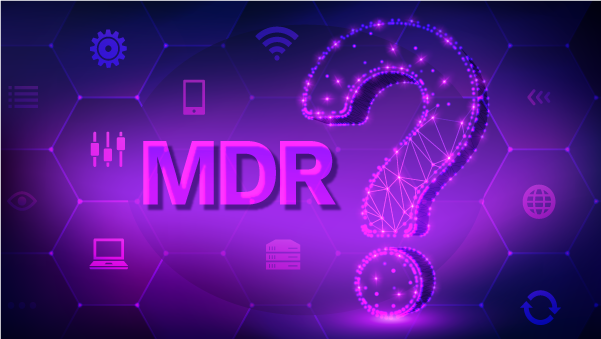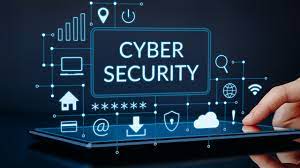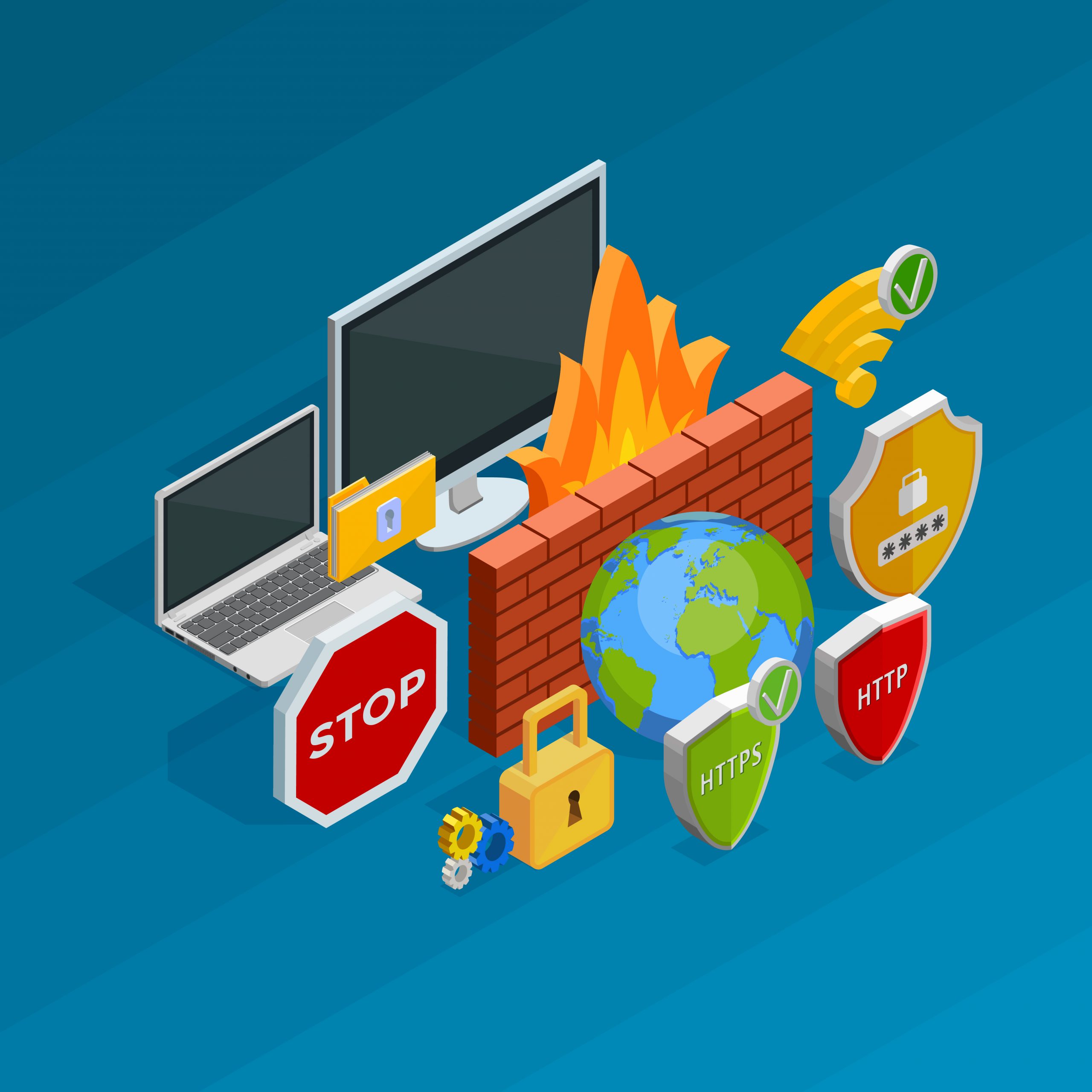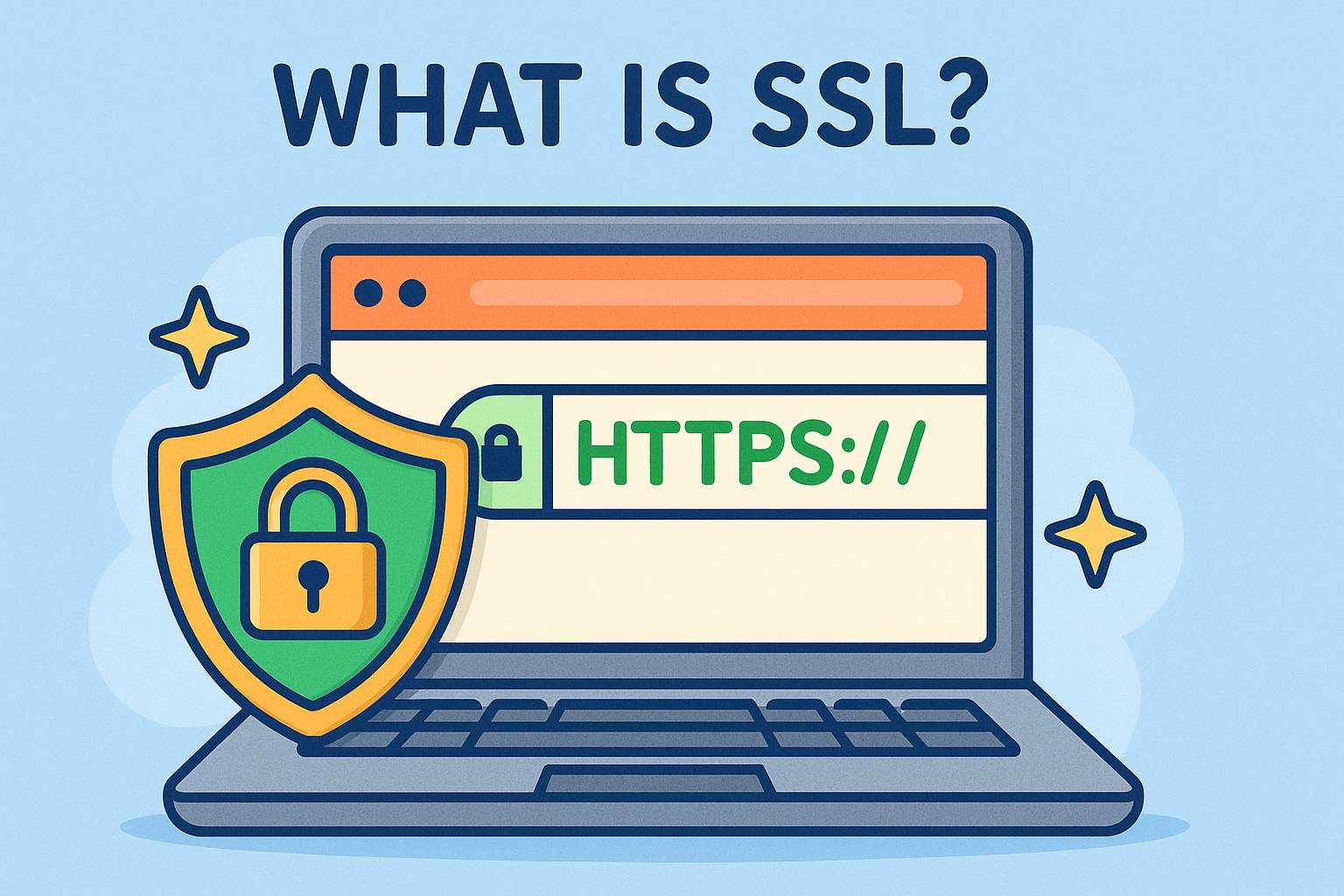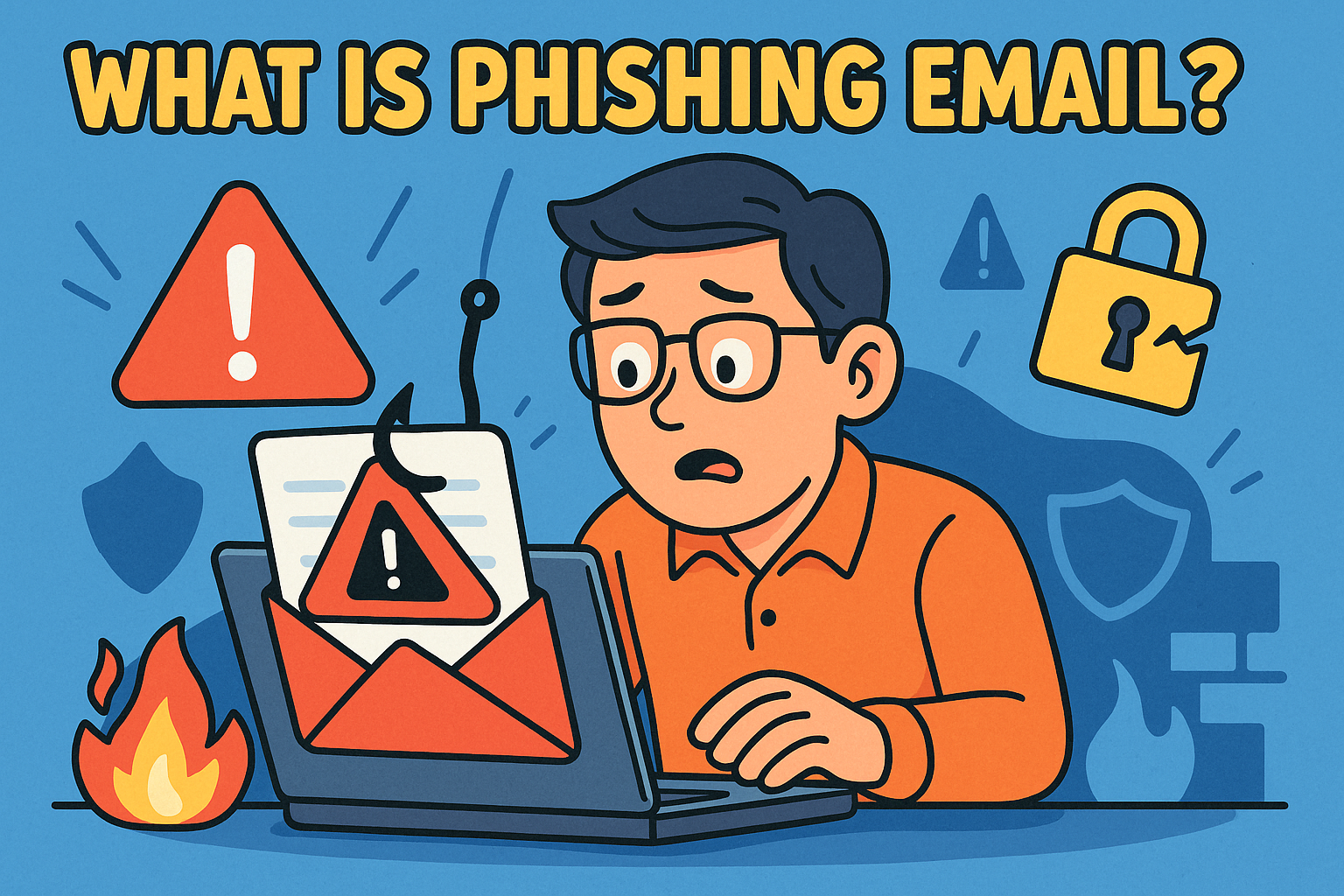Why Is Endpoint Security Required For Businesses?
Updated on October 11, 2022, by Xcitium
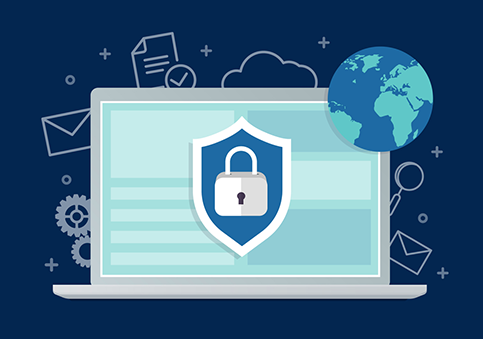
2017 Survey Reports Claims
58% of users who responded to the survey conveyed that they did not prioritize much on the importance of investing in an organized cybersecurity system.
1/3rd of the companies though invested in the cybersecurity system, were clueless on how to measure its importance.
Considering these factors, there is a demand for the companies to immediately implement an effective cybersecurity system. Companies are unsure of protecting sensitive data with the cybersecurity system they have, they are not sure if their cybersecurity system would be effective enough to help them recover from an unexpected breach.
Companies Invest In Cybersecurity System And Are Lenient In Gauging How Effective Is Their Cybersecurity Posture
Businesses are empowered with digitization and technology has taken the upper hand to help users connect to the internet for official and personal demands. Now comes the time to boggle up your minds – are the businesses online secured from cyber threats and hence security beaches.. are all the applications and operating systems updated with security patch fixes beforehand or on time??.. if your answer is a NO – then your businesses and customers are in no doubt susceptible to malicious threats and it can in no time be taken over by the hackers.
Securing the endpoints are a serious concern of-late – most of the business is not sure if their workstations are secure and while some are not conscious about securing the endpoints.
Following Are Some Of The Reasons As To Why Endpoints Are Vulnerable To Cyber Threats
– Endpoints are configured and installed nevertheless organizations are ignorant and assume that their endpoints are highly secured and they don’t have to bother about it.
– Organizations follow written policies where employees are to ensure if the workstations and endpoints are up-to-date – Organizations trust employees that they have their endpoints updated with patches.
– Organizations set automated rules and they totally rely on them, one such rule is to automate updates and patch fixes for their workstations and hence completely trust the software to update the security patches.
It is unfortunate that, none of the above mentioned are reliable to protect endpoints or to ensure that the endpoints are patched for security fixes. You cannot just rely on the software that has been initially set to automate the patch updates instantly. Automation is more likely to break down and does not ensure a consistent support for the patch updates. Employees are to reboot the system once the updates are done, however when they are given the option to control the system they tend to switch off the automation settings and hence miss out on the update alerts just to be productive.
Understanding the importance of the Endpoint Protection – It is hence advisable to fix the patches as and when a new patch release comes on board. Assign employees to take control and manage the endpoints for protection, Ensure policies and equip the individual in-charge to formulate patch management process so as to monitor to perform on a daily basis. Individuals are to check the results of the latest patch update.
The endpoint protection and management can be outsourced to the third party – managed service providing companies who can be dedicated to manage and control the deployment and results of patches by installing an application on each PC to ensure improved endpoint security.
From Standard Cybersecurity Measures To Endpoint Security
Even the most successful cyber-security system in the industry is prone to vulnerabilities and security loopholes. These vulnerabilities stand a medium to let the vulnerabilities enter your IT corporate network. Endpoint security system is developed to protect the endpoints connected to the corporate network from vulnerable malicious threats. It provides a centralized method to secure the IT network by examining the company’s endpoints like smartphones, Pcs, IoT devices, and laptops.
With current trends in BYOD practices and with increased mobile threats, the need for an effective endpoint security system is vital.
Deploying an endpoint security system allows enterprises to take control over all the entry points to block malware entry attempts while it also works well to remove cyber threats. Endpoint security includes securing of IT infrastructure to customer data and identity.
Some Of The Features That Are Specific To Endpoint Security
- Application Whitelisting
- Insider Threat Protection
- Endpoint and Email Encryption
- Data classification
- Endpoint detection and response
- Data loss prevention
- Network access control
5 Best Methods To Ensure Complete Endpoint Security:
1. Data Encryption – Ensure that the business and customer data are completely encrypted. Data loss can lead to data breaches, customer identity theft and hence a downfall in the business revenue.
2. Cybersecurity awareness campaign – Create an awareness campaign on cyber-security in your organization. Employees are the most vulnerable source of an attack. educate the employees on their vital role in complying with the organization standards.
3. Invest in the best cybersecurity technology – Do a detailed research on which cybersecurity system matches your company requirements and also read through the user reviews – this would help you a long way in investing in the right and successful cybersecurity technology. Enterprise data is at risk when the enterprise network is expanding – hence an integrated endpoint technology delivers a promising security for the enterprise network.
4. Consider needs of multiple users – There are multiple requirements for multiple users, consider the demands of each user. two different users at two different places may require a different software all these are to be considered.
5. Mobile Device Management for multiple mobile devices – MDM or Mobile Device Management are required to ensure manage third-party app, penetration testing, and effective validation of devices, to equip the mobile devices from malicious threats.
See Also:



